Resources launched to increase voter turnout
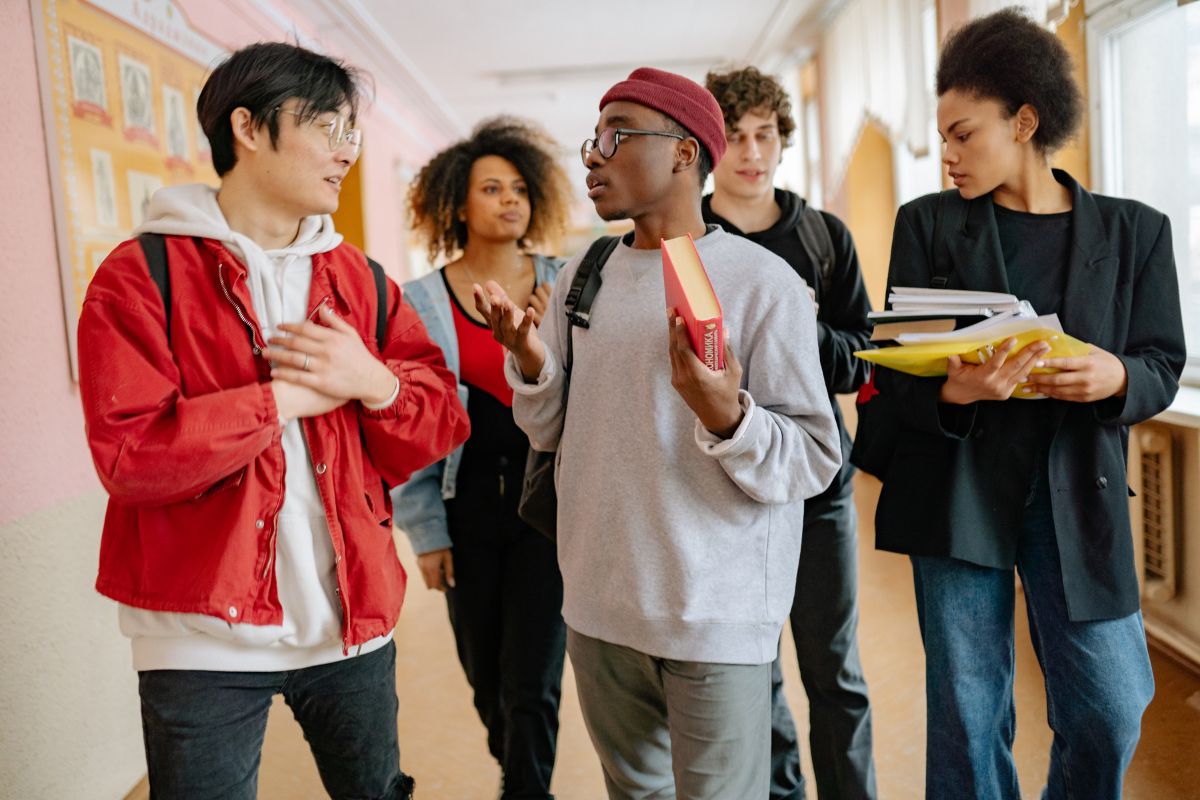
The data on young people and general elections is stark: in the 2019 general election, just 47% of 18 to 24-year-olds turned out to vote, the lowest of any age group.
More recent research seems to suggest why: a report published in 2022 by the UK parliament found that 60% of 18 to 25-year-olds think politicians “don’t care”, and in 2023, the British Youth Council found that 71% of young people don’t feel that political parties speak directly to them in the lead-up to elections.
It’s absolutely critical then, that ahead of mayoral elections in May, and a general election expected later in the year, our young people are encouraged to register to vote and to exercise their democratic rights.
Educating students about democracy and politics is an essential aspect of the work of colleges, and they will want to provide their students with the best possible information and support to ensure that they can engage fully with the political process.
Today, a bank of resources has been launched to support colleges with this. Developed by The Politics Project, sponsored by National Association of Managers in Student Services (NAMSS) and supported by the Association of Colleges (AoC), Further Education Zone contains a range of useful resources and guidance on how to organise election hustings, promote discussion and bring democracy to life.
It also has important information for colleges to share with students on registering to vote. This comes ahead of a national Voter Registration Week taking place between Monday 4 – Friday 8 March, coordinated by The Politics Project and involving a number of different education and young peoples’ organisations.
The resources have been launched as Colleges Week 2024 draws to a close: an annual celebration of the power of colleges, the focus for this week has been on influencing and engaging with politicians and policy makers ahead of the elections. MPs across the country have been visiting colleges to speak directly to students, and collectively the sector has been campaigning for increased funding for further education.
David Hughes, Chief Executive at Association of Colleges, said:
“In a general election, every vote counts, and our young people have a vital role to play in deciding the future of our country. Colleges already do a lot to engage students, to develop their political literacy, to help them understand how our democracy works, why their vote matters and to ensure their voice is heard. This new resource, produced specifically for colleges will be a great asset in supporting this work.”
Lisa Humphries, Chair of NAMSS, said:
“College’s champion the personal development of students in their day-to-day delivery and we are excited to launch this new tool kit to support Colleges in this key area of work.”
Harriet Andrews, Director of Politics Project, said:
“We are excited to launch this new resource to ensure that colleges have the support they need to encourage young people to vote. It is vital to ensure that young people feel equipped to cast a vote in the upcoming elections in 2024. We are keen to ensure that today’s youth have access to clear, non-partisan information as they vote for the first time.”
You can access the zone here.
Association of Colleges is the national voice for further education, sixth form, tertiary and specialist colleges in England. We are a not-for-profit membership organisation established in 1996 by colleges, for colleges. Our members make up more than 90% of the sector – educating and training two million people each year.
NAMSS is the National Association for Managers of Student Services who provides support and professional development for managers and colleagues who work in student services roles in post-16 education and training. NAMSS has a network of circa. 600 members in over 200 member colleges across England, Wales, Scotland and Northern Ireland.
The Politics Project is a non-partisan organisation that supports young people to use their voice. We support schools, colleges and youth organisations with a variety of training, resources and support to ensure that young people feel equipped to engage with democracy.



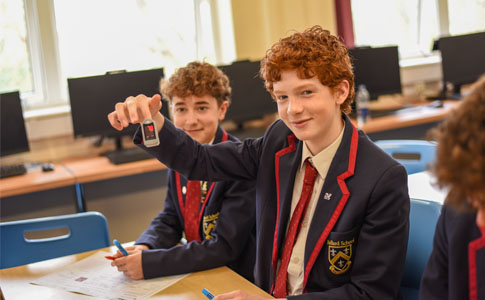
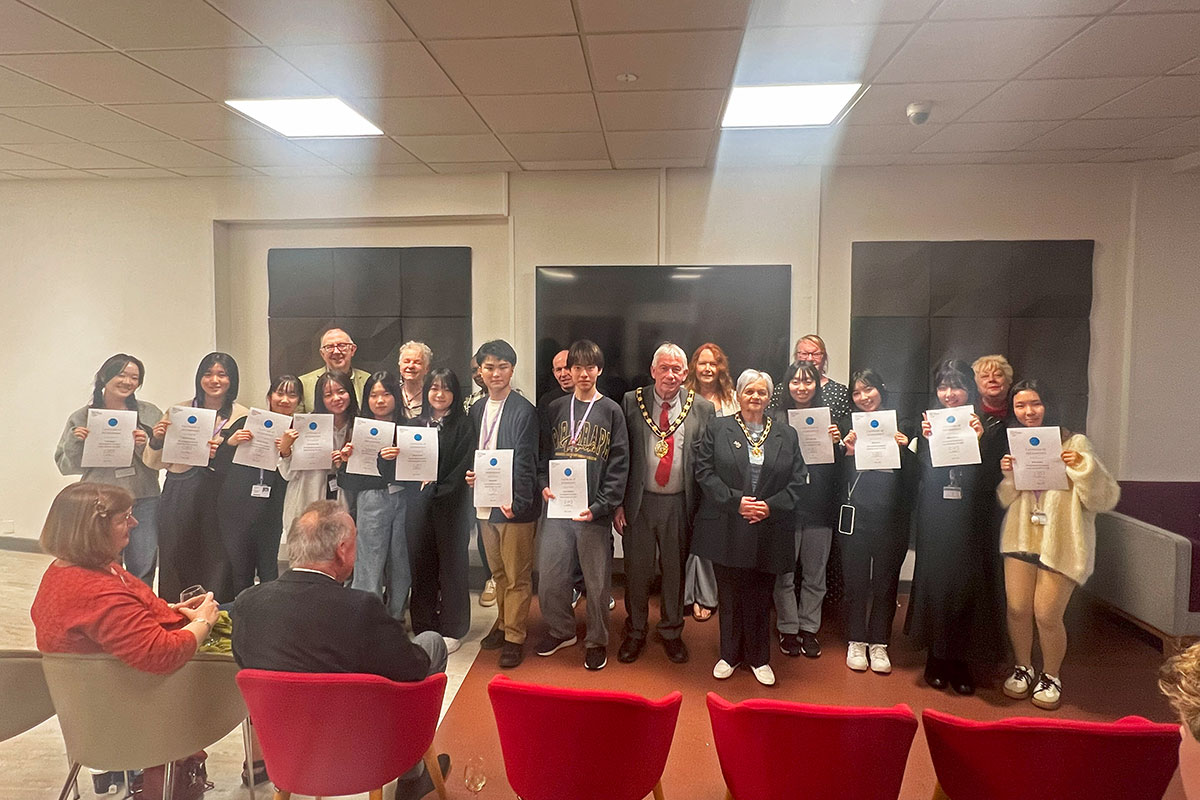
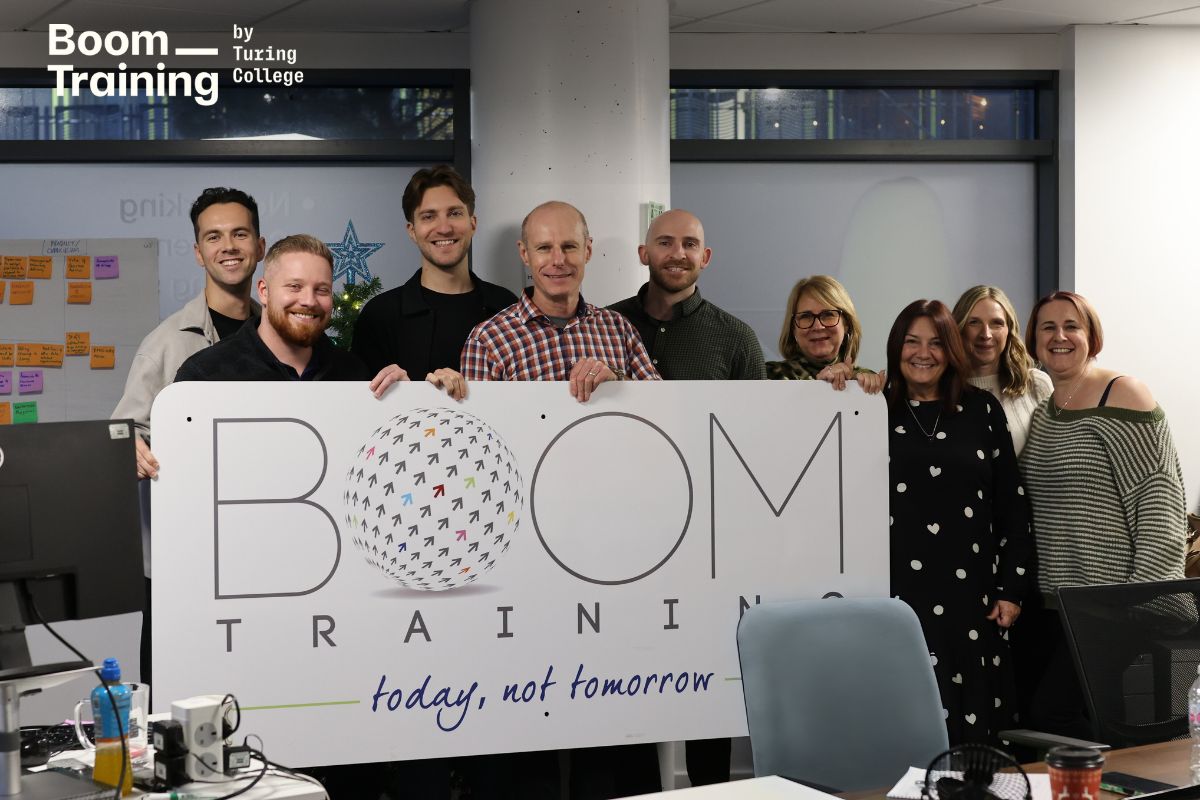
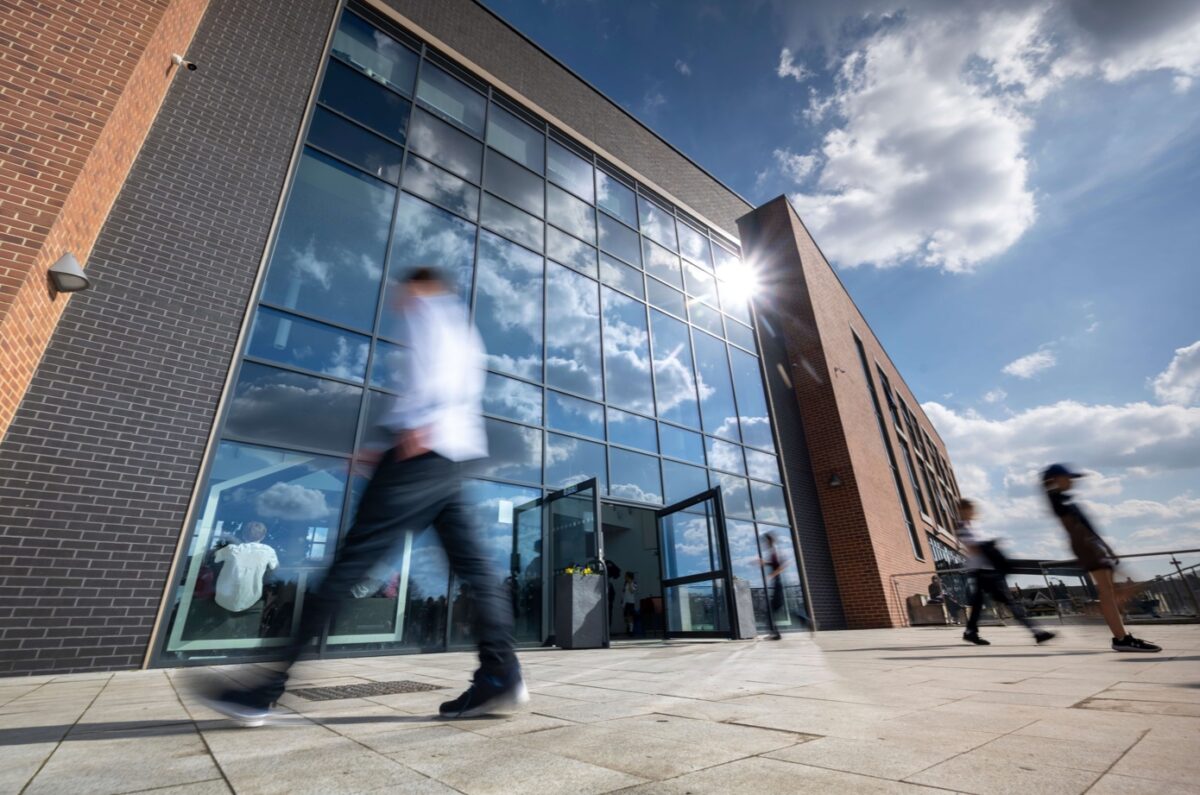

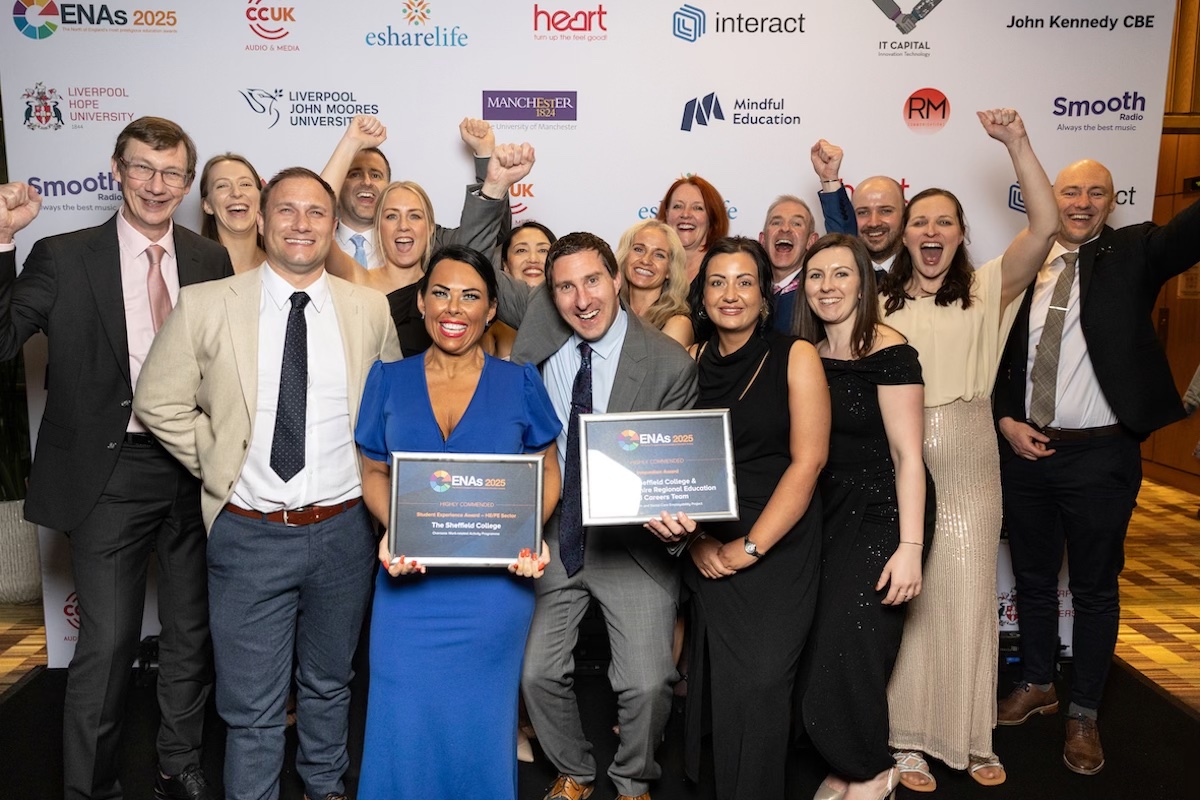
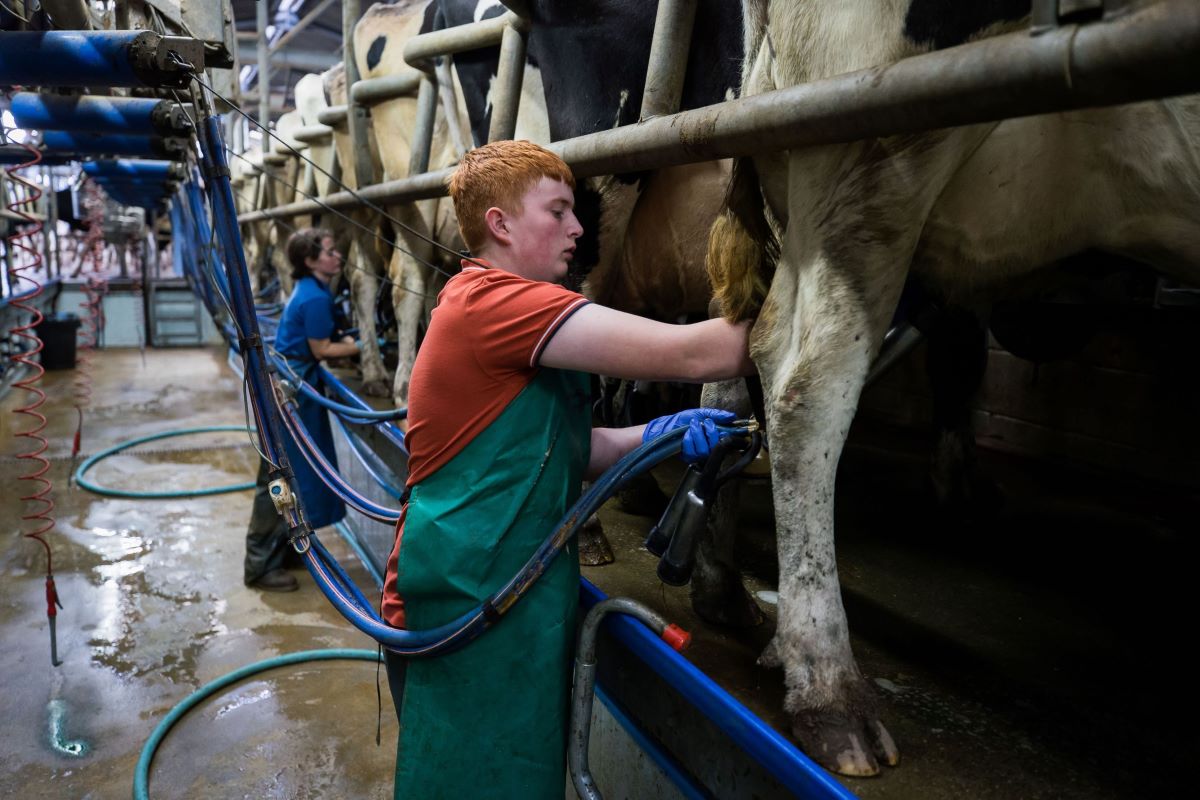
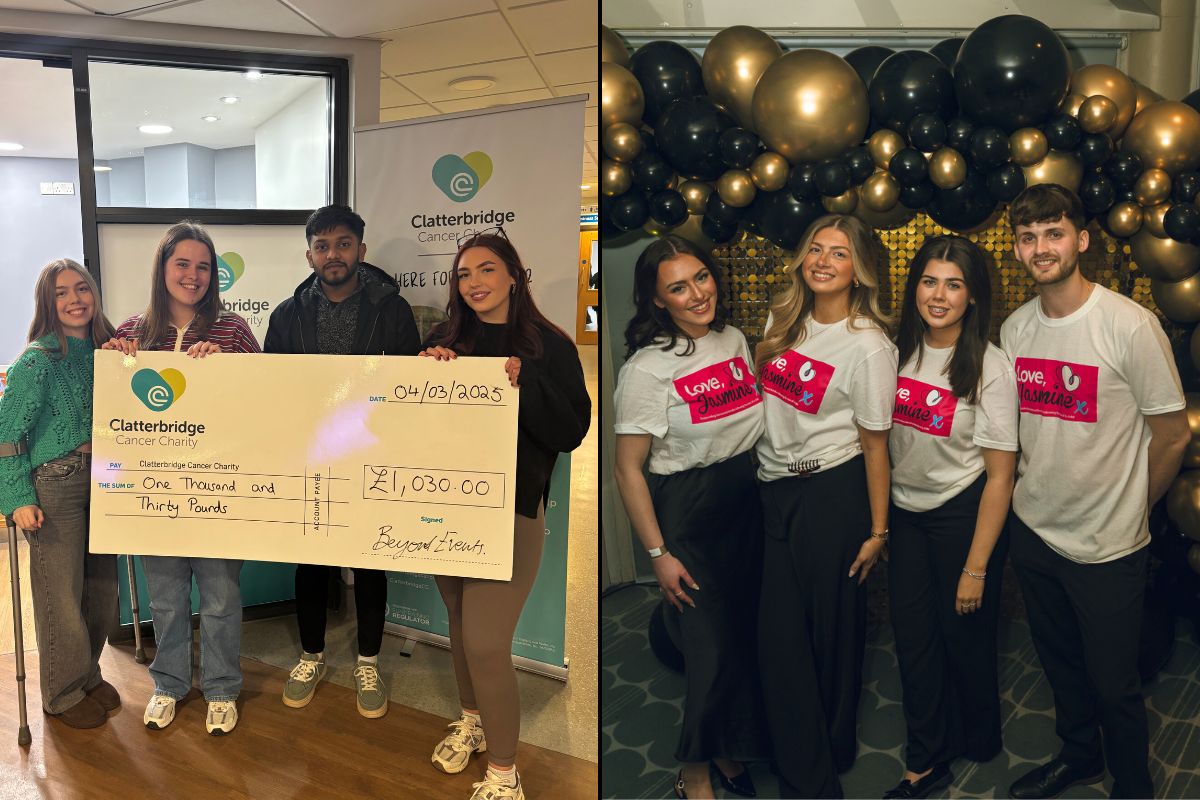
Responses